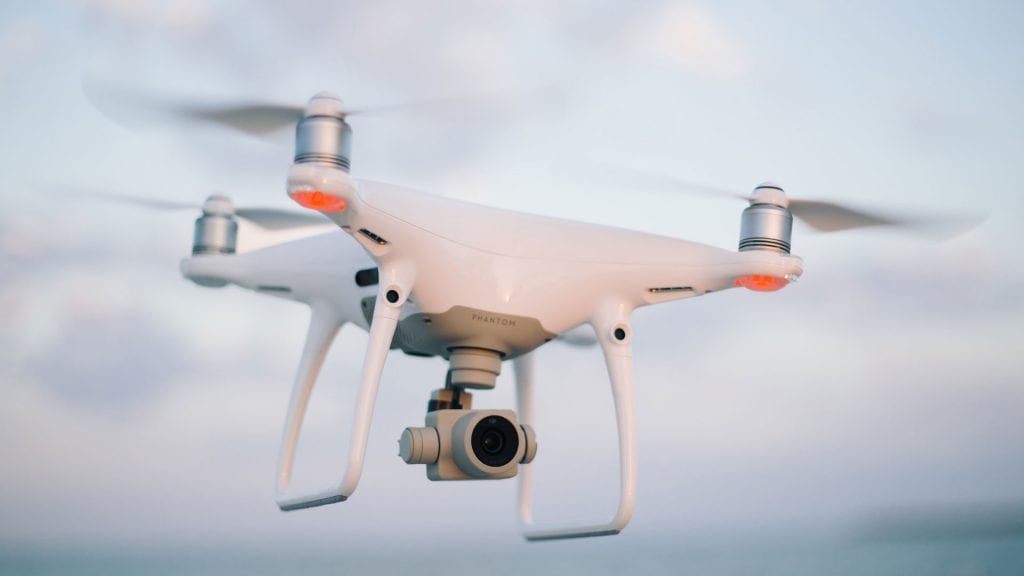
Project will test whether drones can deliver medical supplies to remote areas. Photo courtesy: Josh Sorenson.
The Faculty of Medicine at the University of British Columbia has received a $750,000 grant to deliver health care supplies to the remote First Nations communities using drones.
The Remote Communities Drone Transport Initiative received money from the 2020 TD Ready Challenge to deliver personal protective equipment and medications, as well as COVID-19 testing and diagnostics during the ongoing COVID-19 pandemic.
“It’s an opportunity whereby we can explore the use of drone technology to support remote Indigenous communities in a new way,” says Dr. John Pawlovich, one of the project’s leaders.
“Drone technology has been around for a while now, but hasn’t been thoroughly explored, in terms of potential to augment healthcare initiatives for indigenous communities.”
When 82 First Nations in B.C went into lock-down last April, they cut off access to their communities to prevent the spread of COVID-19. But they also cut off their own supply lines, according to UBC.
Isolated communities have been faced with access and supply issues, relating to testing, pharmacy and medical supplies. How do communities under lockdown secure supplies without increasing the risk of transmission into the community?
The answer in this case: drones.
Pawlovich says the drones will deliver a variety of supplies to communities in need.
“Easy examples include PPE, equipment to help protect healthcare providers, testing supplies for COVID, and even we could look at different medical supplies and pharmaceuticals,” he says.
Stellat’en First Nation, 100 km west of Prince George, is one of the nations that will receive support from this project.
Chief Robert Michell of Stellat’en says he’s excited about the opportunity.
“There’s a multitude of different types of drones and there’s a variance of what they can carry,” says Michell. “I would imagine, some of the drone technology that we’re going to see here is going to be kind of a mixture of, of some heavy carriers and some of the lighter.”
The partnership with Stellat’en First Nation and UBC started a year ago with former chief Archie Patrick. But drones would provide more services outside of just medical supplies.
“We live by a lake, we live by a river system that in the Spring runs very fast,” Michell explains. “A year ago, we lost a community neighbour in the river. Some of it’s not accessible by boat.
“Drone technology would have helped us get eyes on the river right away to see where this person may have gone in and help locate him.”
The project also offers job training for the community, he says.
“We actually need a drone ticket to fly some of the drones, I would imagine that would come to our community and we would provide the opportunity to train some of our community members to be drone pilots, and if they did receive a ticket and that would in turn, get them into the workforce.”
As the project gets started, an unmanned drone will carry supplies between Fraser Lake (population of 1,000 people) and the Stellat’en First Nation (population of 250 people) twice daily, dive days a week over the next year.
According to a press release sent on Jan. 26, the project aims to develop processes that can be replicated in other remote communities across Canada.
“Leading to more equitable access to health services in areas with few doctors, nurses and labs.”
Michell says being the first to pilot a project is a welcome change.
“First Nations communities, especially isolated ones are further up North, they’re always behind the wave in new technology. So this is kind of exciting to this type of technology, which is fairly new to all communities across Canada, that we’re going to have an opportunity to be one of the first in the door to do some of the exciting stuff, with drone technology,” he says.
“This is an exciting change, to be one of the first communities to do this.”










